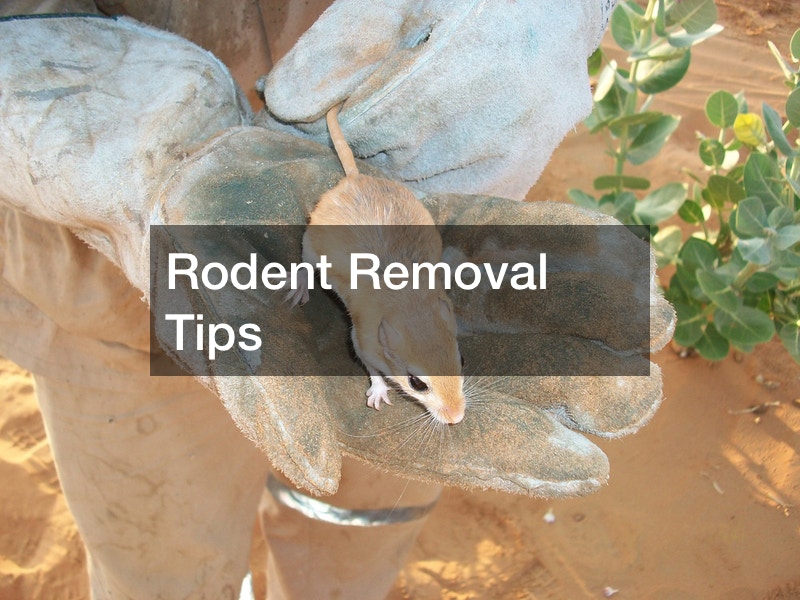
Finding the right Arizona caregiver is a critical task, whether you’re seeking assistance for an elderly family member, someone with a disability, or yourself. A caregiver provides essential support, ensuring the well-being and comfort of those in need. Here are steps and considerations to help you find the right caregiver in Arizona.
1. Determine Your Needs
Before starting your search, clearly define the specific needs of the person requiring care. Consider the level of assistance needed, such as personal care, medical care, companionship, or help with daily activities. Understanding these needs will guide your search and help you find a caregiver with the appropriate skills and experience.
2. Research Caregiver Agencies
One of the most reliable ways to find a caregiver is through reputable agencies. Research caregiver agencies in Arizona that specialize in providing trained and certified caregivers. Agencies often perform background checks, provide training, and handle administrative tasks, which can offer peace of mind and ensure a higher level of care.
3. Ask for Recommendations
Personal recommendations can be invaluable. Ask friends, family, or healthcare professionals for referrals. They may know trustworthy caregivers or reputable agencies based on their experiences. Local support groups and community organizations can also be good sources of recommendations.
4. Check Online Resources
Utilize online resources to find caregivers. Websites like Care.com, A Place for Mom, and Home Instead provide databases of caregivers and agencies in Arizona. These platforms often include reviews and ratings from other clients, which can help you assess the quality and reliability of potential caregivers.
5. Verify Credentials and Experience
Once you have a list of potential caregivers, verify their credentials and experience. Ensure they have the necessary certifications and training required for the level of care needed. For medical care, caregivers should have relevant certifications such as Certified Nursing Assistant (CNA) or Home Health Aide (HHA). Check for any additional qualifications that may be relevant, such as experience with specific medical conditions.
6. Conduct Interviews
Conduct interviews with potential caregivers to assess their compatibility and qualifications. Prepare a list of questions about their experience, training, and approach to caregiving. Discuss your expectations, the specific needs of the person requiring care, and any special considerations. Pay attention to their communication skills, empathy, and professionalism.
7. Perform Background Checks
Safety is paramount when hiring a caregiver. Perform background checks to ensure the caregiver has no history of criminal activity or abuse. Reputable agencies usually conduct these checks, but if you’re hiring independently, consider using a background check service.
8. Arrange a Trial Period
Before making a long-term commitment, arrange a trial period to evaluate the caregiver’s compatibility and performance. This allows you to observe their interactions, assess their skills, and ensure they meet your expectations. Provide feedback during this period to address any concerns and make necessary adjustments.
9. Discuss Terms and Conditions
Clearly outline the terms and conditions of employment, including working hours, responsibilities, compensation, and any other relevant details. Having a written agreement can help prevent misunderstandings and ensure both parties are on the same page.
.



